Ramadan, Iftar evoke feelings of nostalgia among Rohingyas
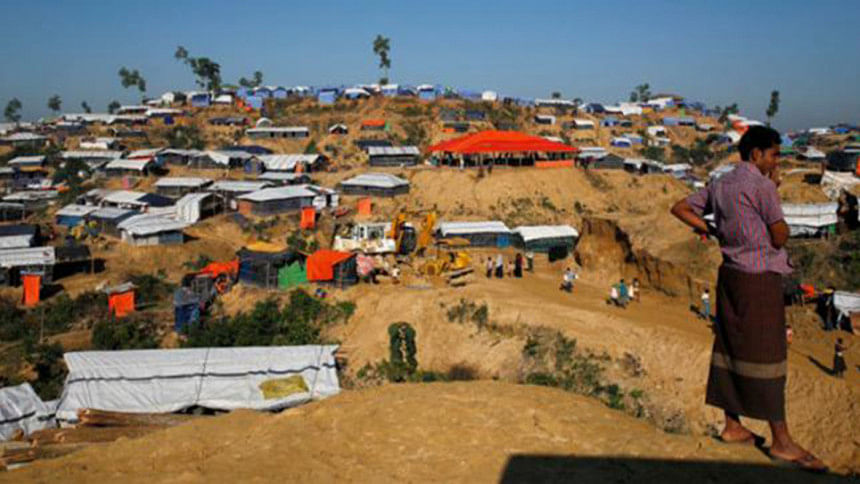
Ramadan is the month when Muslims try to get closer to each other with greater love and affection with the spirit of the holy month. But the Rohingya Muslims living in Cox's Bazar camps find it painful when they get together for having iftar meal as their tragic memories constantly haunt them.
"We used to take Iftar and offer prayers together with our family members and relatives before August 25, 2017. Now, we've got detached from our homeland and beloved ones. Having Iftar with them is merely a memory now," recalls Rafiq Alam, a Rohingya now living at Balukhali Moynaghona camp No-11.
Visiting 32 Rohingya camps in Ukhiya and Teknaf, the UNB correspondent found no shortage of Iftar items there but a sense of isolation and sadness was there among the Rohingya people.
Rohingya Lalu Mia, a resident of Balu camp, said, "We had simply water for Iftar during Ramadan last year. Now, there's no scarcity of Iftar meal, but a feeling of sadness grips us as we couldn't meet our relatives for the last two years after being displaced from our homeland in Maungdaw under Rakhine State."
Some female Muslim Rohingyas like Yasmin, 21, of Naikhong area, Julekha, 25, and Mayesha of Mijjiripara also shared their own tragic stories.
They said they all lost their mothers as Myanmar soldiers killed them during their widespread persecution against Rohingyas. Every year, during Iftar, they deeply remember their mothers as they used to provide them with their handmade delicious Iftar items.
The correspondent also found several shops inside the camps where Rohingya people were selling various Iftar and other items made by them.
Md AbulKalam of Bangladesh's Refugee Relief and Repatriation Commission (RRRC) said, "Rohingya people were provided with various Iftar items ahead of Ramadan."
He said the World Food Programme (WFP) is distributing iftar items like gram, oil, lentil, vermicelli, onion, garlic among the Rohingyas under an e-voucher programme.
Rohingyas, living in Cox's Bazar, are now stateless. Despite living in Myanmar for generations, the Rohingyas lost their citizenship following a change in Myanmar laws in 1982.
Bangladesh is now hosting over 1.2 million Rohingya people in crowded settlements in Cox's Bazar as 741,000 of them have fled persecutions in Myanmar and taken shelter in Bangladesh since August 2017.
On May 7 last, United Nations High Commissioner for Refugees (UNHCR) Filippo Grandi called for solidarity with millions of forcibly-displaced people worldwide - including over one million Rohingya people living in Bangladesh.
The UNHCR chief shared his warmest wishes with all those observing the holy month of Ramadan with a call for unity in the face of prevailing challenges.
"The holy month of Ramadan conveys a very important message which we must not forget-may what unites us prevail over what divides us," he said in a video message recorded during a visit to the Kutupalong Rohingya camp in Ukhia, Cox's Bazar.

 For all latest news, follow The Daily Star's Google News channel.
For all latest news, follow The Daily Star's Google News channel. 

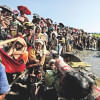
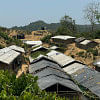
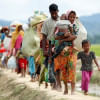

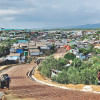


Comments